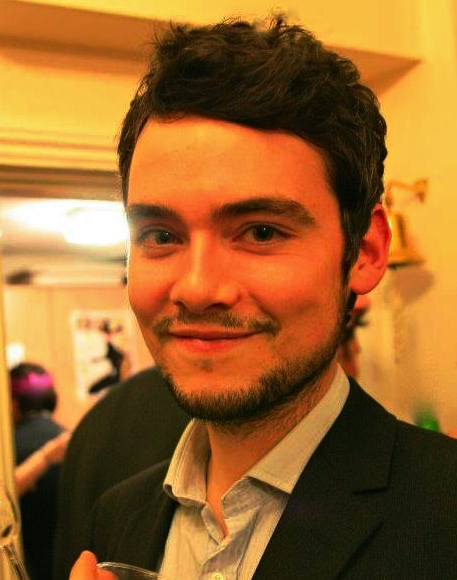Daniel Gallagher, Clare College, 2011
Daniel Gallagher studied Civil Engineering at the University of Glasgow where he was awarded the honour of most distinguished graduate across all engineering disciplines. Following his studies Daniel worked for a period of three years, firstly in consultancy engineering in the UK and later on managing community-based infrastructure programmes in Ecuador and El Salvador.
Dissertation Title:
A Resilience Perspective on Adaptation to Climate Change in Central America
Daniel’s Report:
Studying at Cambridge gave me the opportunity to combine my passions for problem solving and sustainable development on a unique MPhil programme. I was able to reflect on and contextualise my professional experience in an environment that challenged me academically and allowed me to explore a deep understanding of the role of engineering in global environmental change.
Studying with young professionals who were leaders in their fields opened up many opportunities for collaboration during the year. In the first few months of the second term I was involved with a team that reached the regional finals of a global renewable energy challenge, and another that won seed funding in a national social enterprise competition. These are opportunities that I had never envisaged before coming to Cambridge, but ones that emerged from spending time at close quarters with such talented people.
The courses I studied during the year reflected my interests in globalisation, energy policy, and engineering in the context of developing countries. These courses, as well as others on systems and change management allowed me to take a holistic vision to my professional work in order to maximise my contribution to sustainable development.
My dissertation subject was inspired by witnessing the effects of climate related extremes whilst living in El Salvador and a desire to understand the role that engineers and the international community can play in alleviating the effects of climate variability and change in the region. I travelled to Central America in May 2012 to undertake primary research in the field of resilience theory applied to adaptation planning, seeking to understand how international organizations and governments can better address the adaptation and development needs of vulnerable communities. The freedom that I was given to explore my research interests allowed me to make an important and original contribution to this nascent field.
Following my MPhil, I took up employment with the World Bank Group in Washington D.C. working for the secretariat of the Adaptation Fund Board. My work here focuses on funding projects and programmes that address the climate adaptation needs of the most vulnerable communities in developing countries. My studies in Cambridge were an important step on the road to getting here, and I feel fortunate to have had the chance to dedicate my professional work to reducing poverty and furthering the pursuit of sustainable development.

